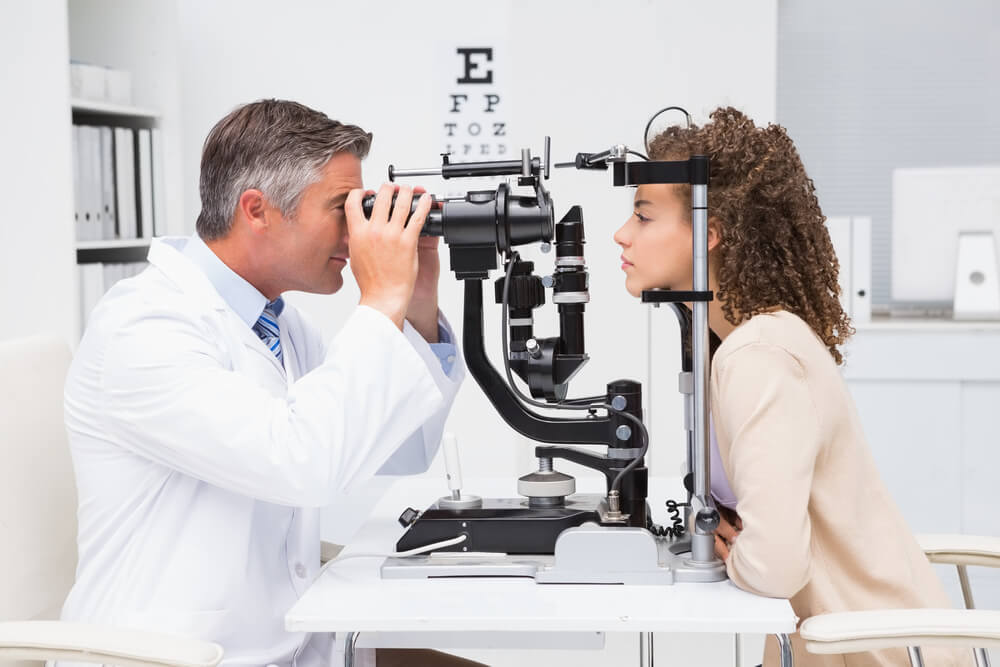DIAGNOSIS
The following tests examine the health of the eyes:
- A visual field test to measure your peripheral or side vision
- A visual acuity test
- Tonometry
- Dilation
You can also get a refraction test whether you have a refractive flaw and are likely to require glasses or contacts. You will look into a screen that has lenses with varying strengths when you get this test to help your eye care doctor find out which lenses can give you the clearest vision.
What age should you start getting these check-ups and how often you need them relies on several factors, including your age, race, and health in general.
TREATMENT
Habits to keep your eyes healthy:
- Eat a healthy, balanced diet
- Maintain a healthy weight
- Get regular exercise
- Wear sunglasses with UV-A and UV-B radiation coating.
- Wear protective eyewear while working in jobs such as factory work and construction, and doing repairs or projects in your home.
- Avoid smoking
- Know your family medical history
- Know your other risk factors
- If you wear contacts, be hygienic to prevent eye infections
- Give your eyes a rest


